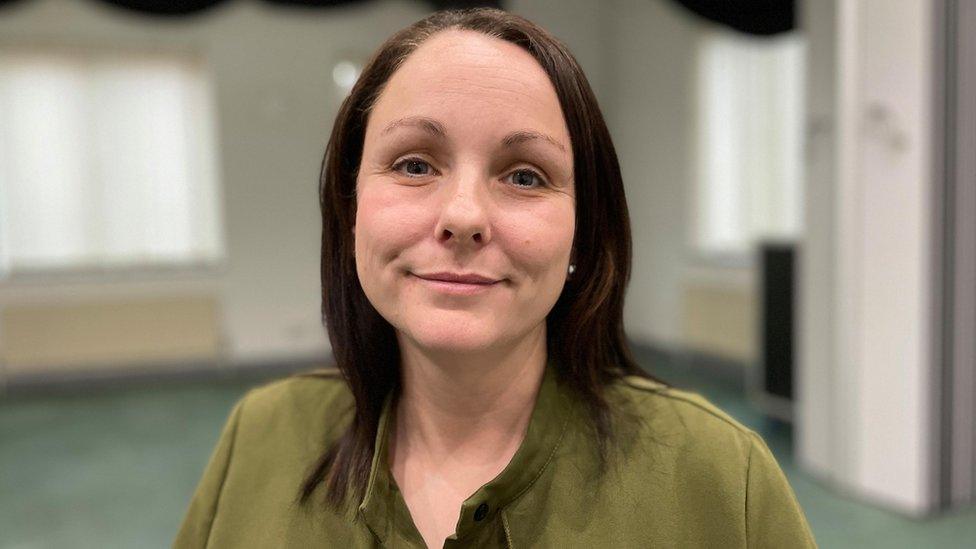'Taking in my grandchildren has left me penniless'
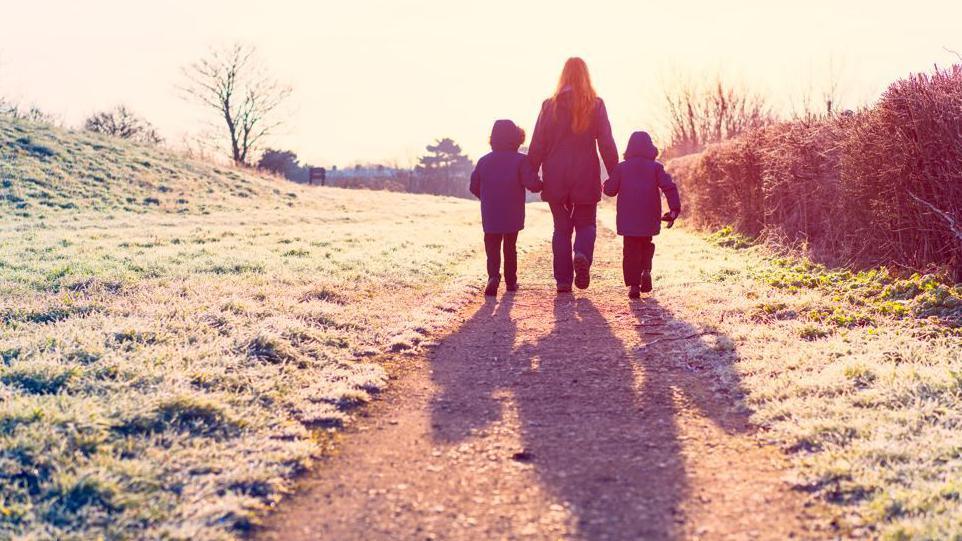
A charity says thousands struggle to care for their young relatives financially
- Published
Sophie* did not hesitate when her two grandchildren needed urgently caring for after their mother suffered a mental health breakdown.
Almost four years on, she says she has been left on the brink of poverty after remaining their main carer – but without any financial support.
Birmingham Children's Trust classified the placement as a family arrangement, despite putting plans in place to say the children "should not be removed" from Sophie's care.
"I'm left in a situation where I can't afford the children so am left to struggle - but I can't put them into a care home," she said.
Her situation is mirrored across England and Wales, a charity said, with thousands of family members struggling to care financially for their young relatives because there is no specific allowance they can apply for.
A kinship carer, also known as a family and friends' carer, is a private arrangement between the parents and the relative, friend, or it can arise because of the involvement of children's services.
A kinship foster carer is when the family or friend carer is assessed to look after the child on behalf of children's services.
The local authority shares the parental rights with the parents – but the carer receives a regular foster care allowance.
Sophie is battling for recognition as a kinship foster carer, but has so far been refused by Birmingham Children's Trust.
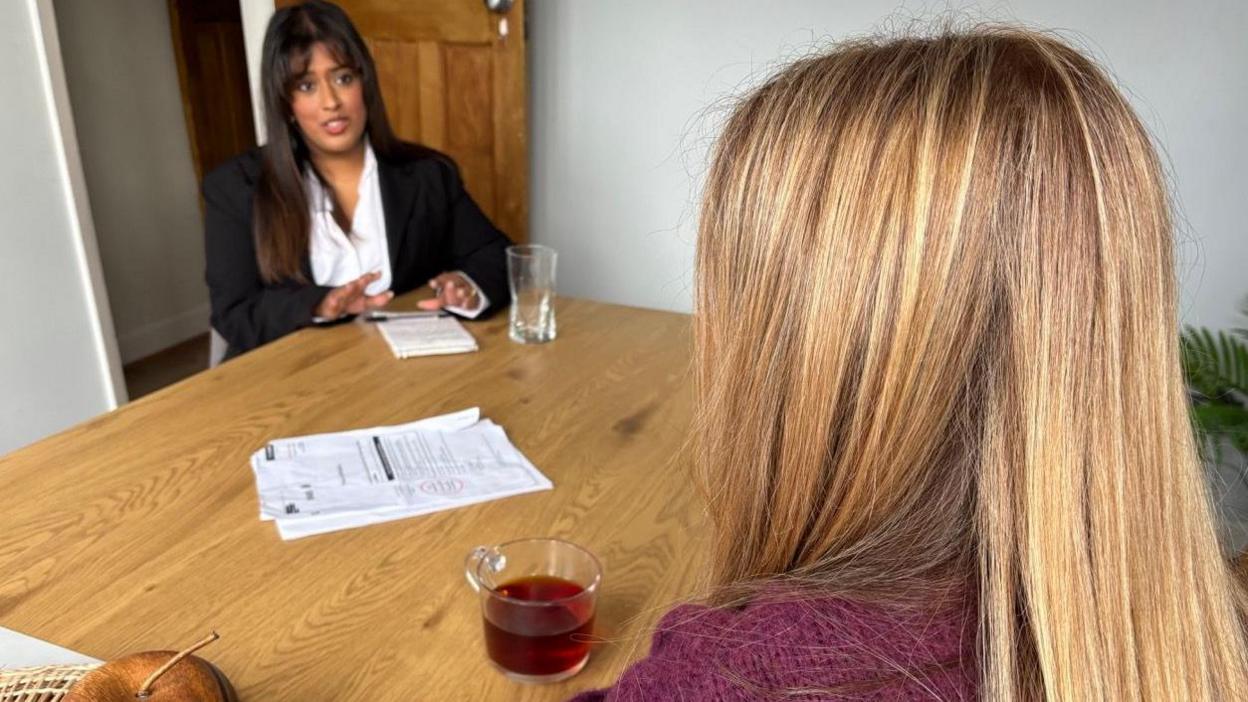
Sophie says Birmingham Children's Trust has not supported her financially
Sophie's daughter began suffering with post-natal psychosis after the birth of her second child, and in December 2020 police temporarily removed both children from her care.
The children stayed with their maternal aunt and grandmother for two weeks before social workers decided they could return home.
But by February 2021 their mother's condition had deteriorated, leading her to make a distressed 999 call to request her son and daughter be removed from the home for their own safety.
A referral was made to social services, who were aware of the family, and a social worker contacted Sophie to ask if she could care for the children.
"I agreed to looking after them both for the night, but I didn't confirm a long-term arrangement as I knew my life would change," she said.
"But as I watched them sleep overnight, I knew I couldn't give them up."
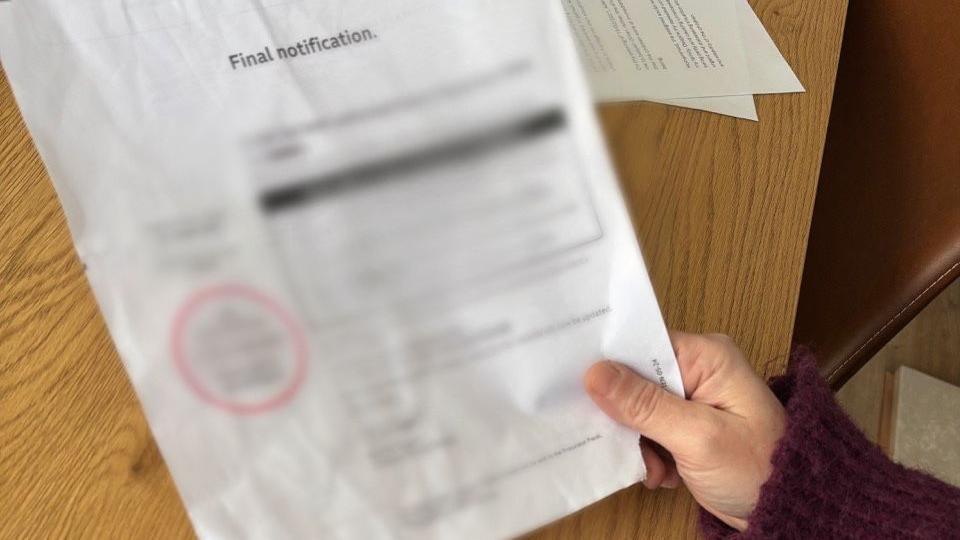
Sophie gave up work for a year to look after the children
Child protection plans by the trust, seen by the BBC, state the children, aged one and six at the time, "should not be removed" from the grandmother's care without prior agreement.
Sophie gave up working for a year as she transitioned into a single parent.
She said it was "a path [she] never anticipated" and left her in debt, with only Universal Credit and child benefit to help get by.
"They came to me with nothing and only the clothes on their backs," she said, with the children having little belongings at home.
"I had to provide new clothes, baby bottles, new beds, bedding, everything you can think of - I even had to reorganise and decorate my house, so it was suitable for the children and to their needs."
She added: "I struggled providing food and paying bills to the point where I did not eat myself."
No support
Rhiannon Clapperton, of the charity Kinship, said: "If a social worker has asked you to care for a child informally, outside of kinship foster care arrangement, but are also saying it is not safe to send the child home, then it is not an informal care arrangement.
"You should be assessed, supported and paid an allowance as a kinship foster carer."
West Midlands Police confirmed the children were removed under Section 20 of the Children Act 1989 – which requires children's services to house children who cannot live with their parents.
A spokesperson for Coram Children's Legal Centre told the BBC they had seen several cases where local authorities were actively involved in placing a child in the care of a family member or friend but then considered it an informal, private arrangement.
"This frequently means that carers do not receive adequate financial assistance and support, and the children do not receive the protections and support to which they are entitled as 'looked after children'," they said.
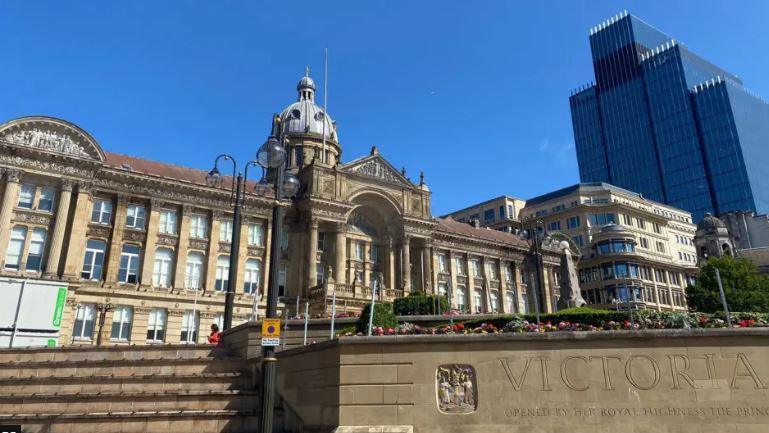
The trust is run by Birmingham City Council which is battling its own financial issues
Kinship's Make or Break report in October revealed that 47% of kinship carers rate the information for financial support, external provided by their local authority as poor or very poor.
In the West Midlands, there are an estimated 15,437 children being raised by a family member or friend.
A similar case saw a complaint upheld against Lancashire County Council in September.
The Local Government and Social Care Ombudsman found the council failed to regard the complainant's grandson as a child in care.
If it had, it would have had to provide both financial and other support to her and to her grandson.
A Birmingham Children's Trust spokesperson said they could not comment on individual cases but that they "recognise the significant contribution that children's wider family networks play".
"Staying in their family networks, if safe and appropriate to do so, leads to better outcomes for children," they added.
Paranoid schizophrenia
The trust told Sophie, now 47, earlier this year it did not have any formal responsibility in placing the children in her care.
It has previously only given her a one-off £100 payment to help pay for clothes.
A letter stated the plan had been "formulated in conjunction with mother who was still deemed to have capacity and also continued to exercise her parental responsibility making decisions in respect of the children and their care".
Sophie's daughter was officially diagnosed with post-natal psychosis in April 2021 after she was sectioned.
She was also later diagnosed with paranoid schizophrenia and has not left the house in three years.
Sophie remains firm that the children, now aged 10 and four, should not have been classed as living with her under a family arrangement.
To try and make ends meet, she works part-time and continues to claims Universal Credit.
"The kids weren't allowed to return home – and now we're in a situation where nobody wants to help," she said.
"I took them on because I love them to bits, not for the money – but practical side of it is I need the financial support."
*Names have been changed
If you have been affected by this story or would like support then you can find organisations which offer help and information at the BBC Action Line.
Get in touch
Tell us which stories we should cover in Birmingham and the Black Country
Follow BBC Birmingham on BBC Sounds, Facebook, external, X, external and Instagram, external.
Related topics
- Published9 September 2024
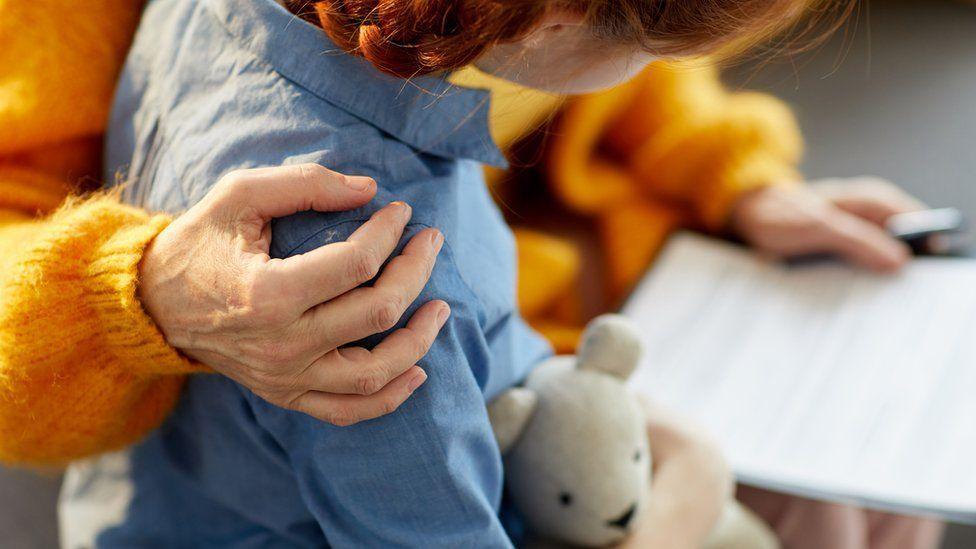
- Published24 June 2024
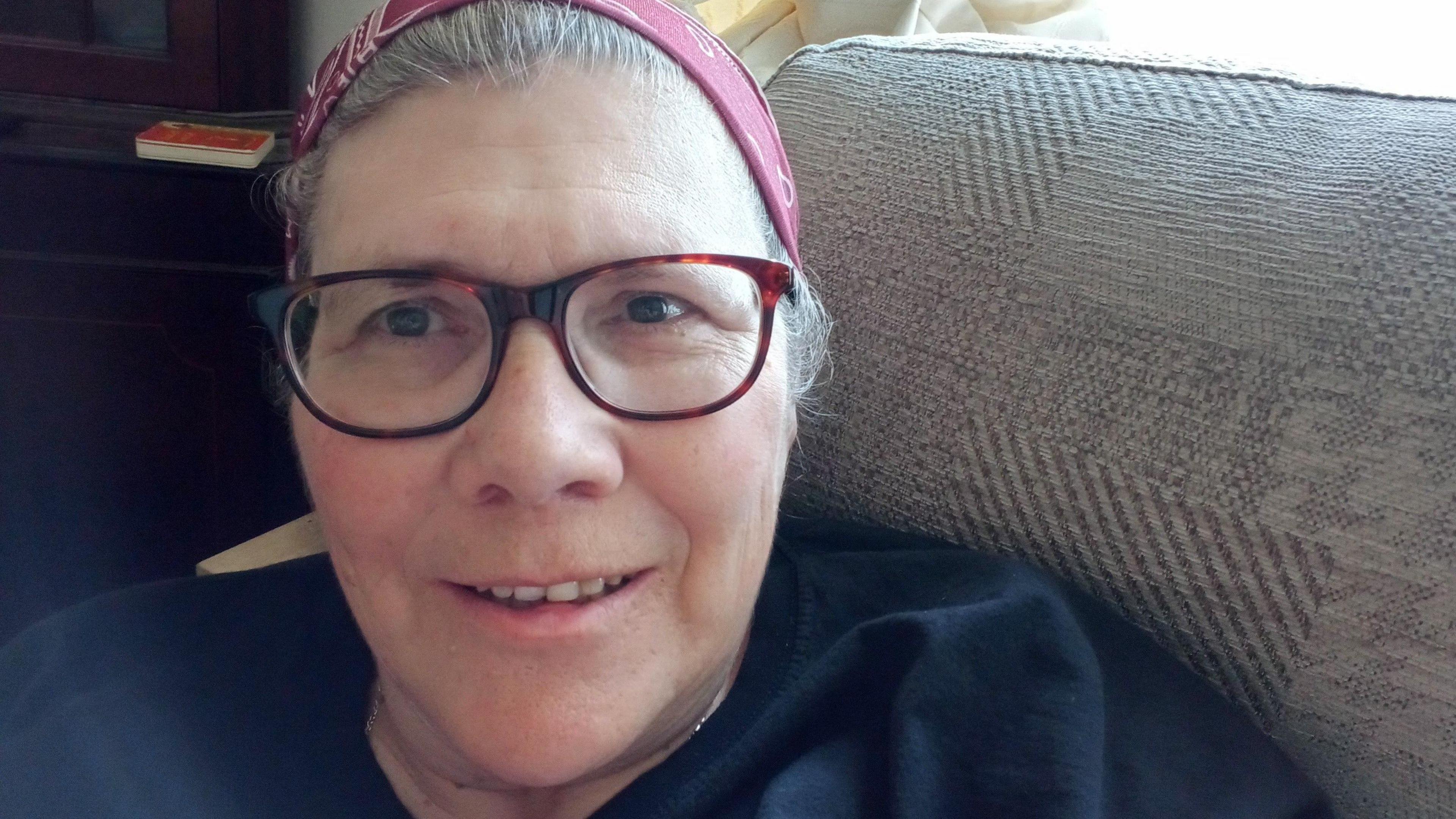
- Published15 December 2023
